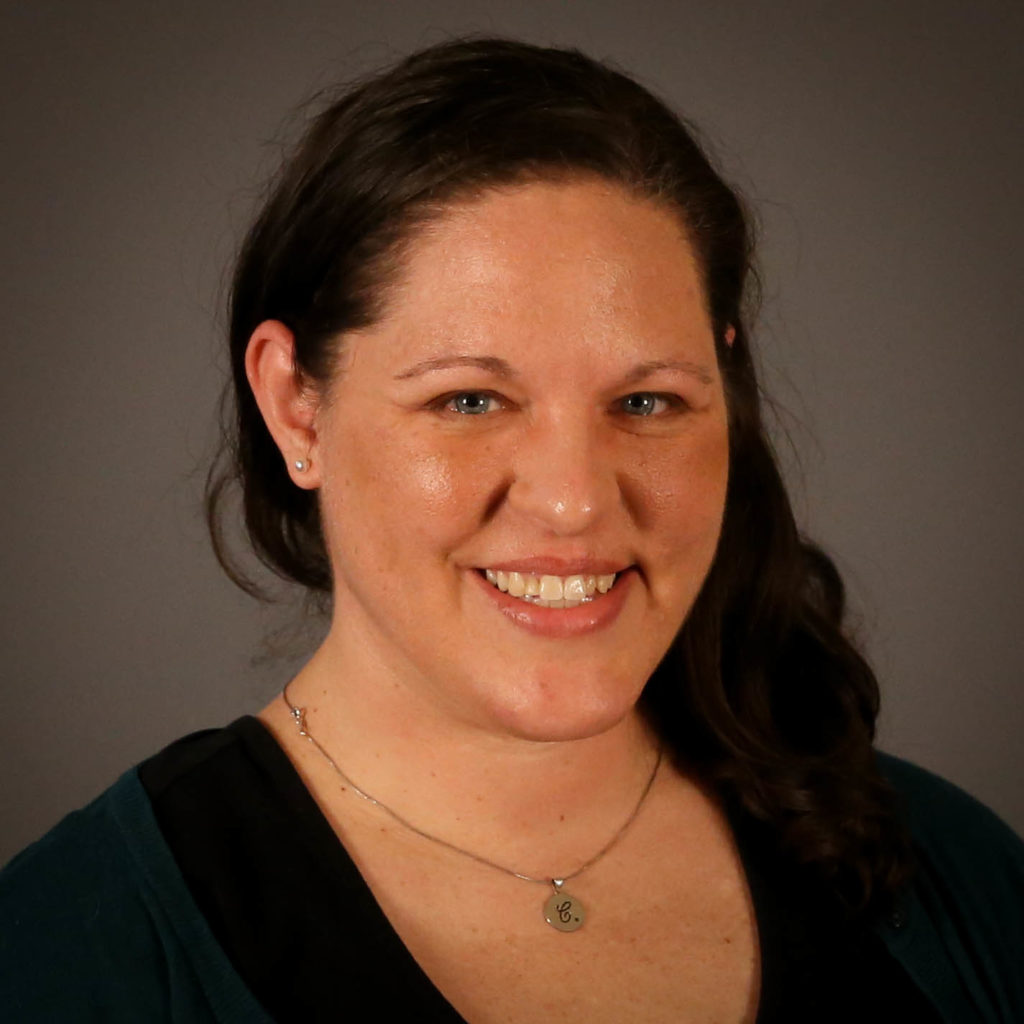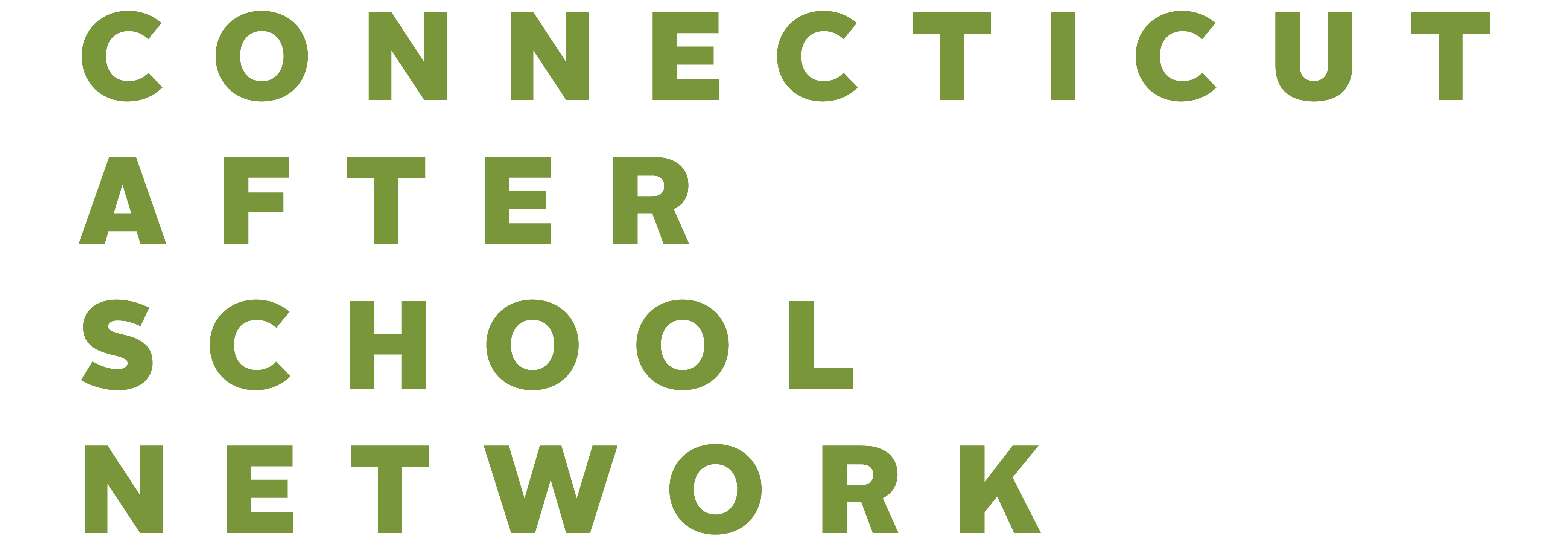Week 1-Positive Outlook: Reflections
The COVID-19 Pandemic has greatly altered our afterschool experiences; from the Youth Development Leader level up through Executive Leadership, and obviously with our youth participants. I have spent entirely too much time dwelling on what has been detrimental to the afterschool field and short selling what has had potential therein. Several of my peers have admitted that they share this sentiment. Admittedly, this is not the kind of negativity we need in afterschool when it comes to this collective coronavirus conundrum.
We OST Professionals need to be willing to embrace any programmatic possibilities, even if they have been dictated by the pandemic. We need to understand that these effects aren’t always bad things. Remaining positive for each other while staying “negative” is how we will strengthen the culture within our cafeteria classrooms.
In “Week 1” we reflected on opportunities to embrace necessary pandemic-inspired changes and I shared our solution to facilitating Parent/Guardian Site Orientation through the power of Padlet and asynchronous learning. This week, contemplating the afterschool-themed Positive Outlook will further foster the growth mindset trend that I hope to inspire through this “Staying Positive and Negative during a Pandemic” blog.
Week 2-Positive Outlook
Reduced enrollment, coupled with a district hybrid-model split, allows for a stronger intentional focus on social-emotional learning, specifically relationship building and creating “classroom culture” with smaller group size.
The Middlesex YMCA Kids’ Korner Before and Afterschool Program is found in all Middletown, CT schools, as well as Cromwell and Portland. Each school is unique. Each program is unique. Staff teams and students are unique. At our program, housed at Macdonough Elementary, we wanted to dignify our distinction and create a culture of connection.
We first created a “nickname” for ourselves. Instead of always saying (or typing), “Kids’ Korner at Macdonough School,” we are simply, “KKatMac.” This shortened version of our program name also makes a great hashtag on social media (#KKatMac). Speaking of social media hashtags, we have a couple more that we use regularly:
#MacPack is used whenever we refer to Macdonough School Staff, Macdonough School Students and their families, or Macdonough School Alumni.
#MacStaff is used when we want to speak specifically about Macdonough School Faculty; teachers and staff (School and Afterschool)
#MacNuggets is used to reference all of our current young students or students who graduated from Macdonough School.
We have also used #MiniMacs (for Grades K-2), #BigMacs (for Grades 3-5), #MacMoms and #DaddyMacs (Self Explanatory), but not as frequently as the four hashtags mentioned above.
Using these hashtags often on our social media page has had an interesting effect. People, within and outside of our community, use these words and phrases in spoken conversation when referencing our participants and staff; for example, “How many staff are in the afterschool MacPack?” or “Are the MacNuggets doing anything cool this afternoon?” and so on. Students are seen including this language in their art projects and written stories during school time. We eventually had tee-shirts made for our participants and staff with our MacPack and KKatMac hashtags.
This was a very simple (and free) way to build relationships and strengthen our cafeteria classroom culture at KKatMac. By use of a few key words, our participants were able to envision themselves as part of a sub-community of their larger school community. Students were able to see our program as a smaller “family-esque” group with special significance. This fostered their pride in belonging. Their social interactions and connection to our program space have reflected that sense of pride.
This year, even though our program participants are split into smaller separate groups (A/B Cohorts), we continue to use these terms. It is important for us to further foster the established feeling of interconnectedness, even though our students are being kept apart. In addition, we have named our A and B Cohorts in much the same fashion (#ATeam and #BSquad) to build upon our well-established sense of site camaraderie.
In the comment section, please submit your personal and professional stories, anecdotes and advice that fit into this week’s Positive Outlook theme. How have your smaller program participant numbers made relationship building and culture cultivation easier? Have your students or staff bonded during the pandemic in a way that you hadn’t witnessed before now? Share your experiences with other OST professionals by using the comment section below!

Chaelyn Lombardo is the Character Development Resource Director/Site Director at, Macdonough School Kids’ Korner Before and Afterschool Program, Middlesex YMCA

